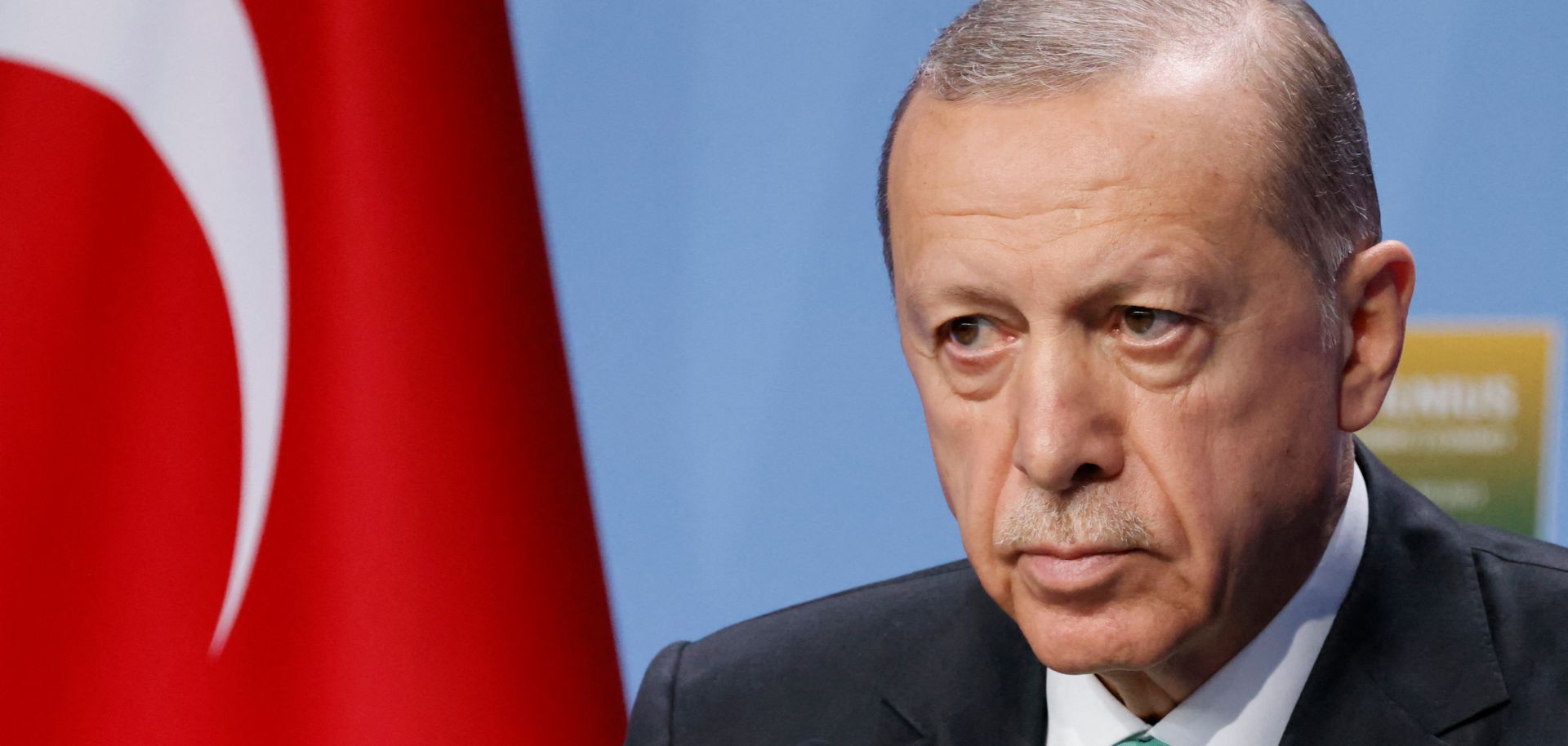Turkey's economy has largely had a good run under the leadership of President Recep Tayyip Erdogan's Justice and Development Party (AKP), which came to power in 2002. In the past few years, however, the country's continued strong growth was accompanied by high and increasing inflation and a deterioration of Turkey's international financial position. This coincided with the growing centralization of Turkey's political system following the 2017 constitutional reform, which consolidated power in the hands of the Turkish president and, in turn, increased Erdgon's influence over central bank policy. It also coincided with weakening support for the government, which was acutely evidenced by the AKP's painful defeat in municipal elections held in 2019, putting Erdogan and his party on edge ahead of the 2023 presidential and general elections. ...


